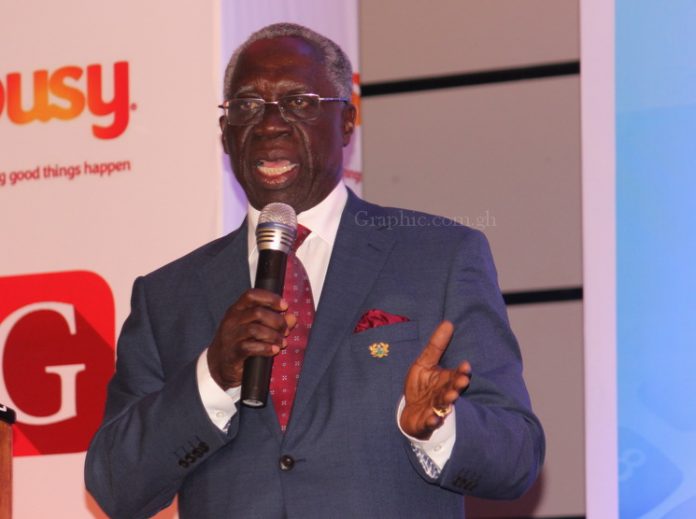|
Getting your Trinity Audio player ready...
|
Senior Minister, Yaw Osafo-Maafo, Monday says the country was at “significant” skills mismatch crossroad and needed to shake off the colonial model of education with emphasis on grammar and clerical skills.
He said the situation accounted for the “critical” challenge of unemployment with institutions producing skills not in high demand by the job market.
Mr. Osafo-Maafo made the observation at the maiden Applied Research Conference of Technical Universities and Polytechnics in Ghana at the Ho Technical University (HTU) on the theme, “Positioning Technical and Vocational Education and Training (TVET) for Employable and Sustainable Development”.
He said the long term solution to the problem is to shift the focus of the country’s education from the general to technical and vocational training.
Mr. Osafo-Maafo lamented that the TVET sector had suffered great neglect in the areas of financing and “unjustifiable” pay differentials often to the detriment of people with competence in TVET.
He said that culminated in the situation where TVET programmes became unattractive and often portrayed as “nobody’s first choice, a reserve of the average student, of the option of last resort,” and said unless that narrative was changed now, “we stand the risk of not having ‘pipes’…we will all have to walk to the river.”
The Senior Minister said government therefore in 2017 reviewed and restructured the system to trigger rapid transformation, saying, all fragmented TVET institutions and policies were being harmonised for proper coordination and standardisation.
He said government was building 20 TVET specific institutions nationwide to be furnished with modern and up to date installations to train globally competitive skilled personnel.
Mr. Osafo-Maafo said repositioning TVET was the surest way to reduce unemployment in the country and charged technical universities and polytechnics not to deviate from their core mandates.
He asked them to incorporate entrepreneurship in TVET to maximise opportunities for skilled persons to create jobs for themselves and others.
Mr. Osafo-Maafo said TVET was the cornerstone for the country’s march towards “Ghana Beyond Aid” and called for concerted efforts from all stakeholders to achieve that dream.
Madam Gifty Twum Ampofo, Deputy Minister of Education in charge of TVET, said government considered TVET critical and committed to supporting the sector to develop needed manpower for its “One District, One Factory” policy.
She, however, lamented about the low numbers of TVET students at technical universities and polytechnics against students offering courses in humanities and charged technical universities to make TVET programmes appealing and change the trend.
Professor Emmanuel James Flolu, Chairman, Ho Technical University Council, said universities were thinking zones for governments and appealed to vice-chancellors of technical universities to remain resolute and focus on the mandate of the universities and shun “unnecessary distractions.”
Professor Ben Honyenuga, Vice-Chancellor of Ho Technical University, reiterated the relevance of TVET to sustainable development and said the Ho Technical University was working within the agenda to address issues with employability.
The two-day conference brought researchers together to share ideas with opportunities for students and faculties to exhibit potentials.
Source: GNA





